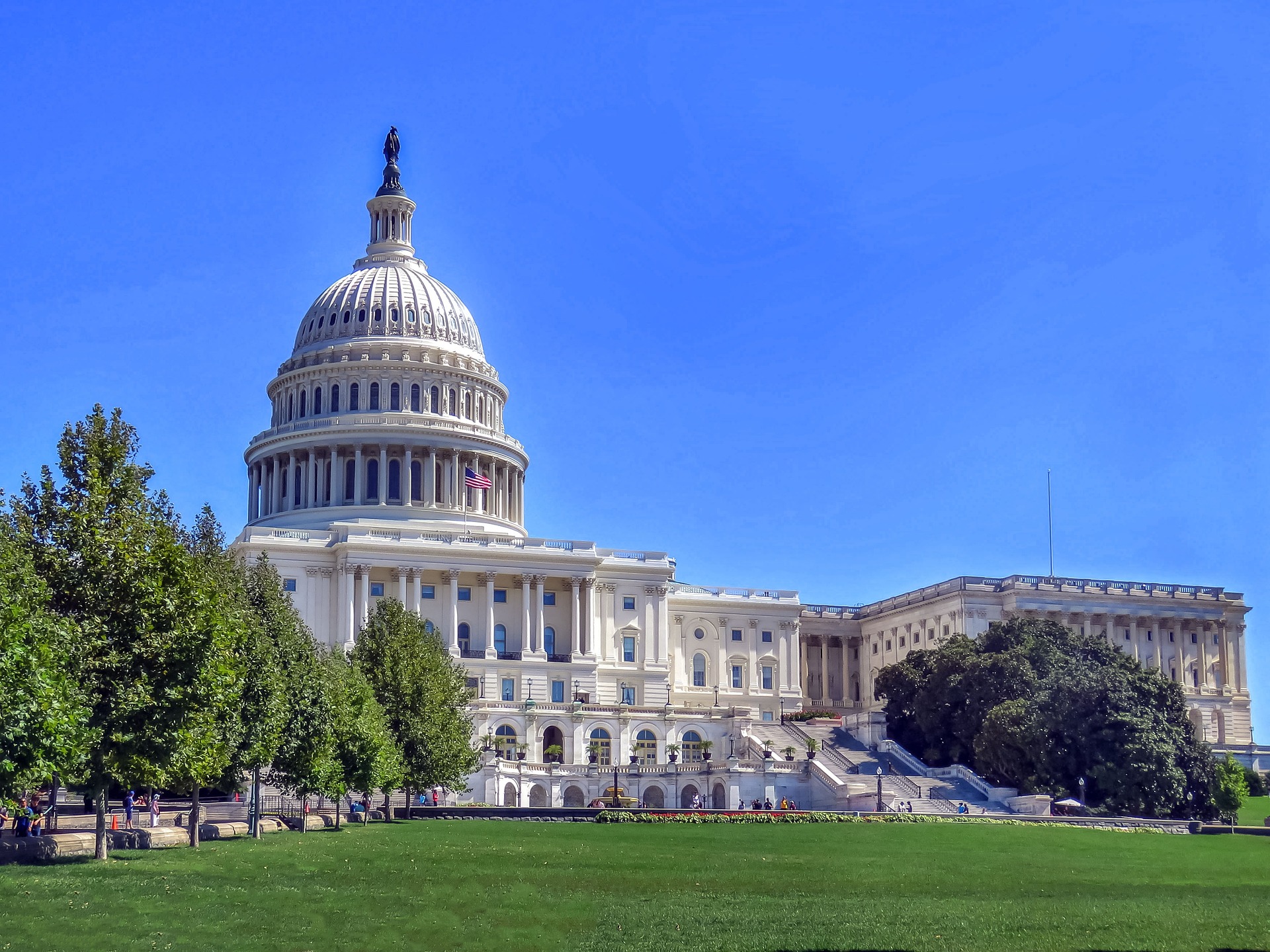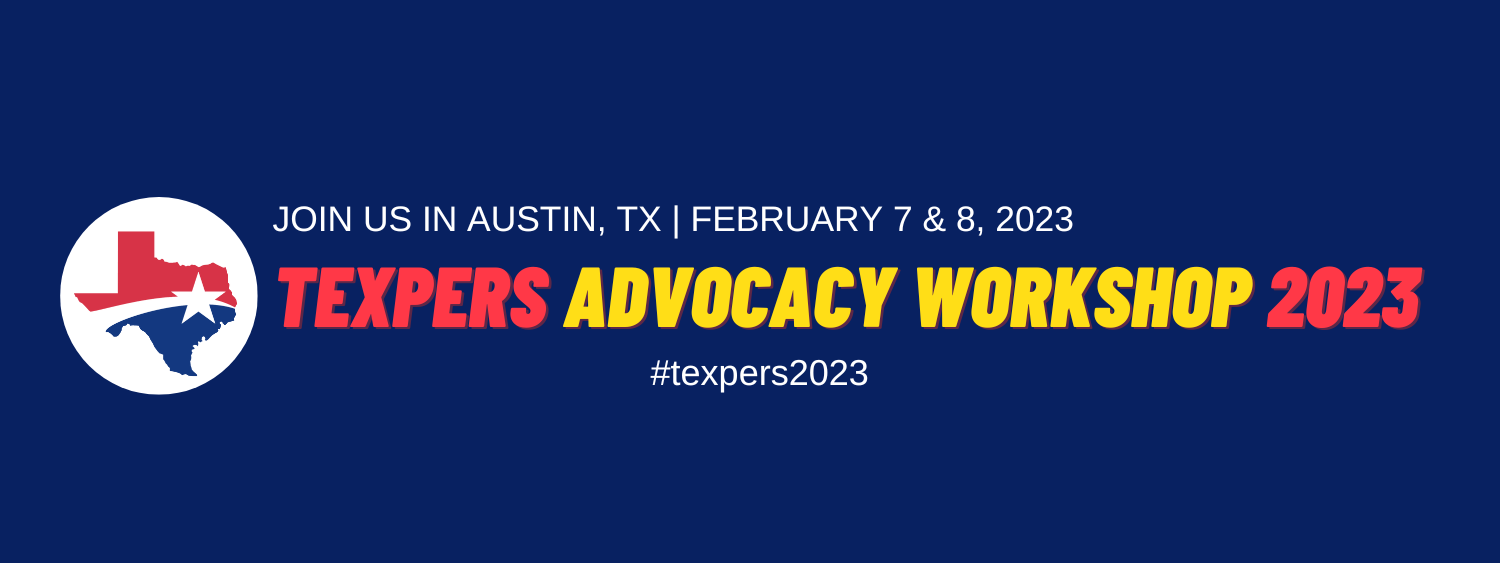Spending Bill Vote Likely to Push Through Secure Act 2.0 Before Christmas
Legislation that includes retirement provisions affecting public safety employees and state and local government retirement plans is nearing passage on Capitol Hill as part of an end-of-year omnibus spending bill.
The legislation championed by financial advisors, known as the SECURE 2.0 Act, would encourage retirement savings and increase the age for taking required minimum distributions. The text of the SECURE Act is on pages 2046 to 2404 of the omnibus bill.
Although the bill's overall goal is to expand access to retirement plans and incentivize savings, the Act will also impact public employees and their retirement systems.
Here's how SECURE 2.0 impacts public safety employees:
- Under HELPS healthcare exclusion, direct payment by a retirement system is optional instead of mandatory for retired first responders (See page 2283 of the bill);
- Excludes from income certain disability payments to retired first responders (See page 2243);
- Modifies the exemption from the early withdrawal penalty for first responders from "age 50" to "age 50 or 25 years of service under the plan, whichever is earlier," and
- Extends the exemption from the early withdrawal penalty to include private sector firefighters and certain state and local corrections employees.
Here's how SECURE 2.0 impacts state and local government retirement plans:
- Increases the age trigger for Required Minimum Distributions from defined benefit and defined contribution plans (See page 2085);
- Increases the annual limits on catch-up contributions to $10,000 for those aged 60, 61, 62, and 63 for 457(b), 403(b), and 401(k) plans beginning in 2025 (See page 2087);
- Permits employer matching contributions on account of student loan payments for 457(b), 403(b), and 401(k) plans (See page 2089);
- Provides flexibility for plans fiduciaries when seeking to recoup inadvertent retirement plan overpayments (See page 2213);
- Eliminates the first-day-of-the-month rule for 457(b) plans to provide more flexibility for participants to make changes in elective deferral amounts (See page 2236); and
- Requires the Roth method (contributions must be made with after-tax dollars) for catch-up contributions for those who earned more than $145,000 from the employer sponsoring the retirement plan (See page 2368).
Neil Simon, vice president of government relations at the Investment Adviser Association, said in a report on Barron's that passage of the SECURE Act is a "done deal, assuming the omnibus is adopted."
In a letter emailed to National Conference on Public Employee Retirement Systems members, Executive Director and Counsel Hank Kim said he expects the omnibus appropriations bill to clear Congress and be signed into law by President Joe Biden quickly.
"We're thrilled this important piece of legislation for retirement security is being enacted," Kim said.

NCPERS is hosting its Legislative Conference in Washington, D.C., on Jan. 22 through 24, 2023. NCPERS will discuss this and other legislative initiatives. For additional information, click here. The event is held in conjunction with the organization's Pension Communications Summit on Jan. 23 and 24. Click here to learn more about the summit.
TEXPERS is hosting its Advocacy Workshop on Feb. 7 and 8, 2023, in Austin, Texas. The workshop brings together the Association's legislative committee, lobbyists, communications insiders, and governmental affairs insiders to learn about and discuss local and national legislative issues.
Explicitly designed for TEXPERS System Members, participants will learn what to expect from the Texas Legislature after the midterm elections heading into the 88th Legislative Session, understand the economic impact of public pensions, learn the importance of advocacy, and participate in discussion with a legislator.
Click here to learn more and register for this local event!
More SECURE Act 2.0 news and viewpoints:
Secure 2.0 Act can improve retirement savings for 100M workers, but will it pass?
Spending Bill Vote, Likely with Secure Act 2.0, Expected Before Christmas
401(k) auto-enrollment, retirement plan lost and found, among Secure 2.0 retirement measures
VIEWS: What SECURE Act 2.0 passage would mean for retirement plans



